LATEST NEWS
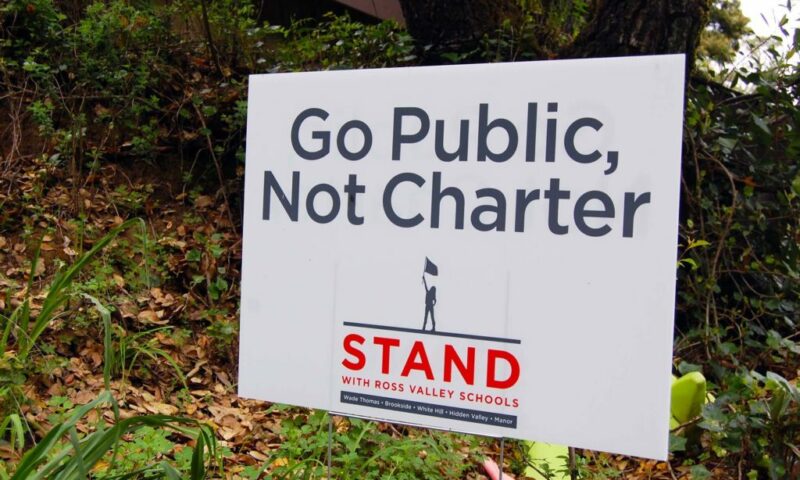

A new charter school in affluent Ross Valley marks the latest chapter in California’s education wars.


The time for Diane Rodriguez’s play is 1970, and the immediate setting is the office of El Malcriado, the newspaper founded by Dolores Huerta and Cesar Chavez in Delano, California.


Co-published by Newsweek
Why Erwin Chemerinsky is filing suit against President Trump.
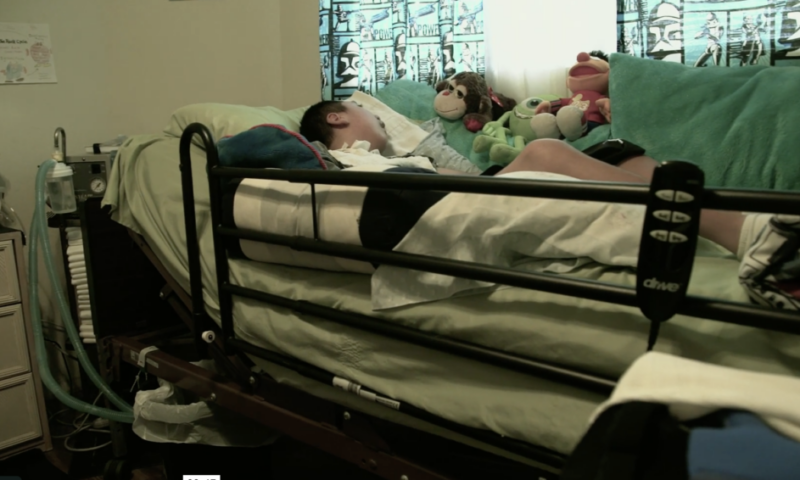

Under the American Health Care Act passed by the U.S. House of Representatives last week, California’s half million in-home care recipients, who include the elderly, the blind and the disabled, could be facing big cuts in services.


Whatever aspirins are prescribed by the Senate, as it prepares its version of the American Health Care Act, they may not make Americans’ health-care headaches go away.


A severely disabled boy and his caregiver face an uncertain future with the passage of the American Health Care Act.
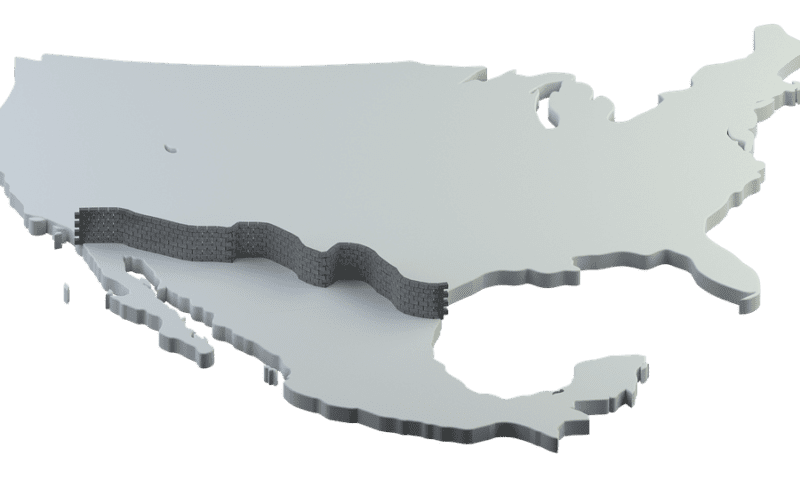

Co-published by The American Prospect
A Los Angeles City Council member has announced he will introduce a motion requiring city contractors to disclose whether they’re bidding or working on Donald Trump’s border wall – or risk stiff fines and penalties.


Californians of color are more likely to be subjected to traffic stops and to be booked on arrests related to failure to appear or failure to pay. In Bay Area counties, African-Americans are four to 16 times more likely to be booked on arrests related to failure to pay an infraction ticket.


The GOP’s new American Health Care Act looked bad enough. Then its fine print revealed an attack on the medical coverage of millions of workers that one expert said wasn’t a loophole, but “a gaping chest wound.”


Co-published by Fast Company
For-profit prison companies contracted to incarcerate undocumented immigrants have recruited former high-ranking government officials and other Washington figures to top posts, including Democratic operative Anthony Podesta and former Clinton administration official Thurgood Marshall Jr.


There are several recent children’s books out about Pete Seeger, each targeted for different age groups, with different formats and writing styles. Stand Up and Sing conveys Seeger’s remarkable talent, convictions and courage without being preachy or talking down to children.
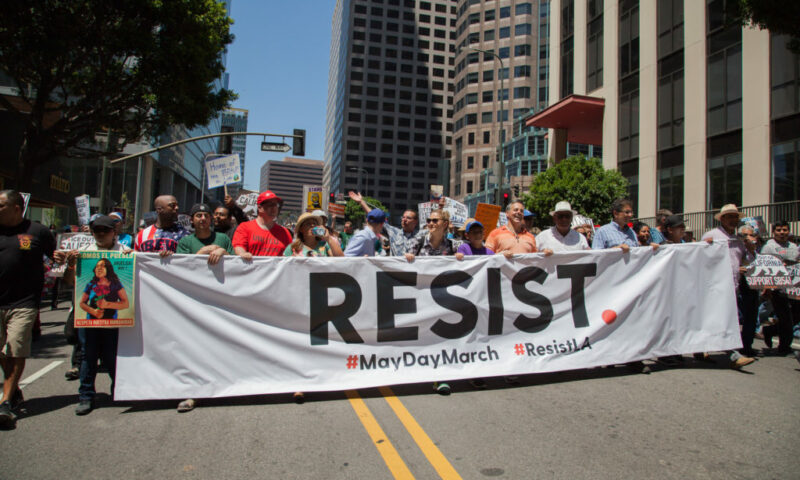

On Tyranny: Twenty Lessons from the Twentieth Century, by Yale history professor Timothy Snyder, is about the rise of totalitarianism and what ordinary people can do to stand in its way. I bought five copies to give to young activists. Maybe I should have bought more.

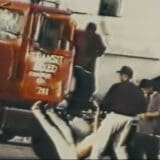
The networks lined up to deliver numerous retrospective documentaries on the silver anniversary of the events that began just hours after the Rodney King beating verdict was read. The results are decidedly mixed.


“The safety conditions in the Dirty Dozen show we need more enforcement of our safety laws, not less,” says former OSHA official Jordan Barab. He describes proposed federal OSHA budget cuts under the Trump administration as “penny-wise and pound-foolish” for workers and taxpayers.


Co-published by Salon
For many of us the passage of 25 years hasn’t produced clarity about why and how Los Angeles’ 1992 unrest occurred, and whether the city that we inherited from that awful moment in our history is now a better or worse place in which to live.


Saturday marks the 25th anniversary of the 1992 Los Angeles riots, a social earthquake in which dozens of people were killed and over a thousand buildings burned. Even before it erupted, the combustible material was obvious to many living and working in South Los Angeles.


Co-published by The American Prospect


Does anyone really want a handful of corporations, the likes of McDonald’s and Burger King, teaching children and locking people up in prison?


Co-published by Fast Company
Is California’s strict zero-emissions strategy, which forces car makers to market exhaust-free hydrogen-fueled and battery-powered vehicles, really the most consumer friendly, egalitarian way to go?


Co-published by The American Prospect
Workers at Tesla’s Fremont, California electric car factory have filed a complaint with the National Labor Relations Board, accusing Elon Musk’s company of illegal surveillance, coercion, intimidation and prevention of worker communications.